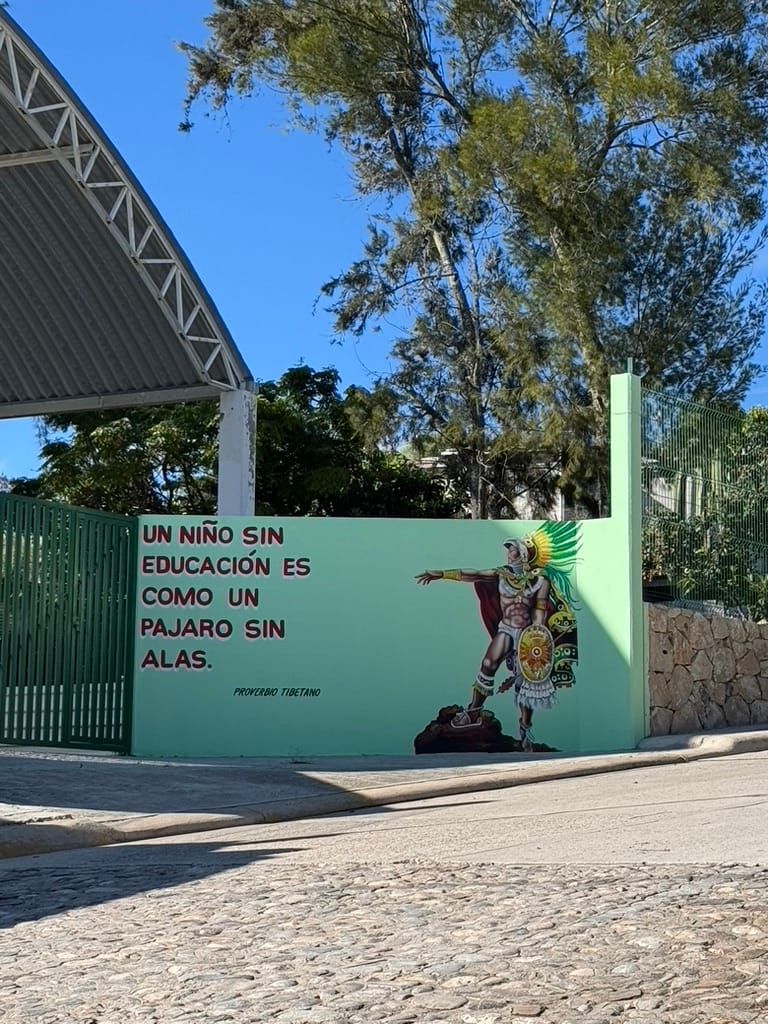
Unequal Access to Education
Course Overview
In EDUC 200: Foundations of Education, we explored the political, social, and economic forces that have shaped the development of education in the United States. We examined how historical and philosophical ideas on pedagogy continue to impact current educational debates, addressing topics such as housing inequality, racial and ethnic marginalization, gentrification, and environmental sustainability. The course focused primarily on public education while also examining how private schooling has influenced public education movements and provided an essential context for understanding the ongoing issues in education policy today.
As part of the course, we were required to write a policy brief, which was designed to help us apply the knowledge we gained throughout the term to real-world issues in education. The brief involved analyzing a specific problem, identifying potential interventions, and recommending policy solutions.
Policy Brief
For my policy brief, I focused on the issue of educational inequality in North Carolina’s public education system, highlighting disparities in access to quality education between high- and low-poverty schools. The Leandro v. State of North Carolina case has been pivotal in addressing this issue, with the North Carolina Supreme Court ruling in 1997 that providing a sound basic education for all students is a constitutional obligation. Despite this ruling, the state continues to face significant disparities in resources, opportunities, and outcomes for students, particularly in high-poverty areas.
This policy brief analyzes the findings of the Leandro case and examines existing policies in North Carolina to address the ongoing inequalities. Through the brief, I emphasize the need for a more equitable distribution of resources, increased funding for schools in low-income areas, and the implementation of policies that ensure all students, regardless of their socioeconomic status, have access to the quality education they deserve.